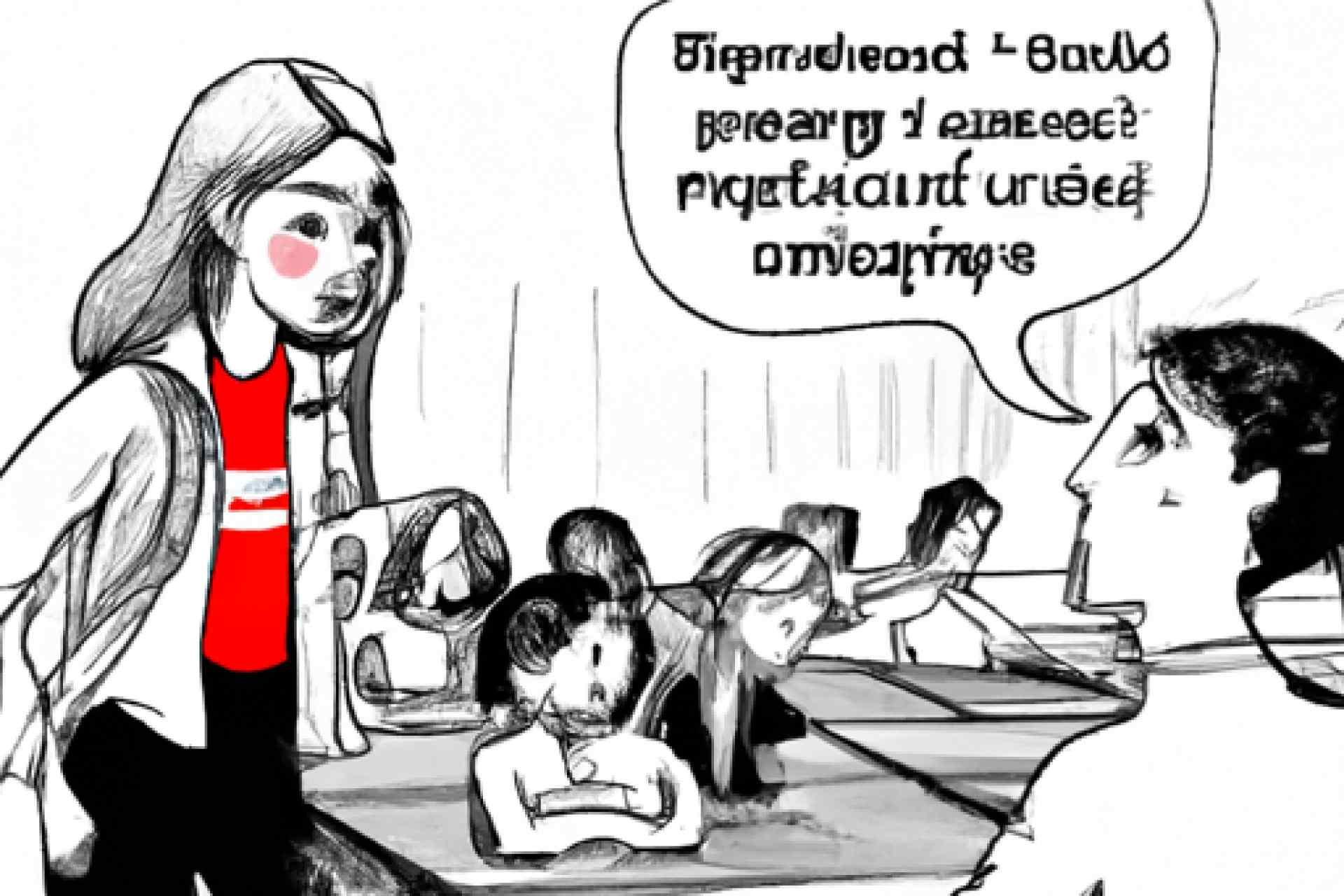俄罗斯大学生英语能力
发布:2023-03-31 05:11:17 分类:留学知识 点击:1002 作者:管理员
Abstract
The ability to speak and write English is becoming increasingly important in today's global economy. The purpose of this paper is to discuss the state of English language proficiency among Russian university students. Based on a review of the literature, it is found that while Russian students generally hold a positive attitude towards learning English, their actual proficiency in the language varies widely. The reasons for this variation are multifaceted, and include insufficient instruction time, a lack of practical language experience, and a weak emphasis on communicative competence in the classroom. In order to address these issues, it is recommended that Russian universities provide students with more opportunities for practical English language use, including immersion programs and study abroad opportunities. Additionally, greater emphasis should be placed on communicative competence in the classroom, and the amount of instruction time allocated to English coursework should be increased.
Introduction
In today's global economy, the ability to speak and write English has become increasingly important. As a result, nations around the world are placing an increasing emphasis on the teaching and learning of English as a second language (ESL), and many students are now required to demonstrate a minimum level of proficiency in English in order to obtain a university degree or advance in their chosen career path.
Russia is no exception to this trend, and the government has placed a high priority on the teaching and learning of English in recent years. In particular, Russian universities have been tasked with ensuring that their students have a solid foundation in the English language in order to compete on the international stage. However, while the desire to improve English language proficiency among Russian university students is high, the actual level of proficiency achieved varies widely depending on a number of factors.
In this paper, we will review the current state of English language proficiency among Russian university students, exploring the reasons why some students excel in English while others struggle. Additionally, we will provide recommendations for how universities can help their students achieve higher levels of English proficiency.
The State of English Language Proficiency among Russian University Students
As noted, the government of Russia has placed a priority on the teaching of English language skills in recent years. As a result, most Russian universities require their students to take English language courses as part of their degree programs. While Russian students generally hold a positive attitude towards learning English as a second language, their actual proficiency levels vary widely.
According to a survey conducted by the Moscow Times in 2019, only 50% of Russian university students demonstrate a basic level of English proficiency. This low level of proficiency is partly due to the fact that English language instruction is not always given the attention it deserves in the typical Russian classroom.
In some cases, students are only required to take a few hours of English language instruction each week, which is simply not enough to achieve a high level of proficiency. Additionally, many of the courses that are offered do not give students enough opportunity to practice their language skills in real-life situations, such as through conversation or writing exercises that require them to use English in an authentic way.
Another factor that can limit a student's English proficiency is a lack of exposure to English-speaking environments. Many students in Russia simply do not have regular access to English speakers or English-language media, which can make it difficult for them to develop their communication skills.
Finally, there is often a lack of emphasis on communicative competence in the classroom. Many courses focus heavily on grammar and vocabulary, often to the detriment of speaking, listening, and writing skills. Instructors frequently fail to teach students how to be effective communicators in English, which can lead to a situation where students can pass language exams with high scores but are still unable to communicate effectively in practical situations.
Recommendations to Improve English Language Proficiency among Russian University Students
In order to address the issues that limit the English language proficiency of Russian university students, there are several steps that can be taken by universities and the government.
Firstly, universities should increase the amount of time that is allocated to English language instruction. This should include both in-class instruction and additional time for students to practice speaking, listening, writing, and reading skills in English. Additionally, universities should create more opportunities for students to interact with English-speaking individuals, either through immersion programs or international study-abroad programs.
Secondly, universities should place a greater emphasis on communicative competence in the classroom. Language instructors should focus more on helping students to become effective communicators, rather than simply teaching grammar and vocabulary in isolation. This includes encouraging and facilitating communication between students, providing authentic tasks that require students to use their language skills to solve real-life problems, and giving students feedback that is based on how well they are able to communicate in English.
Finally, the government of Russia could provide financial support for initiatives that aim to improve English language proficiency among young people, such as public-private partnerships and language exchange programs. Additionally, the government could support English language learning through the establishment of English-speaking cultural centers in major cities.
Conclusion
In conclusion, the ability to speak and write English is becoming increasingly important in today's global economy, and the teaching and learning of English as a second language is a priority for many nations around the world, including Russia. While Russian university students generally hold a positive attitude towards English language learning, their actual proficiency levels can vary widely. Limiting factors include insufficient instruction time, a lack of practical language experience, and a weak emphasis on communicative competence in the classroom. To address these issues, universities should provide students with more opportunities for practical English language use, and greater emphasis should be placed on teaching English as a tool for effective communication. The government of Russia could also play a role in improving English language proficiency by providing financial support for language initiatives and the establishment of English-speaking cultural centers.



















